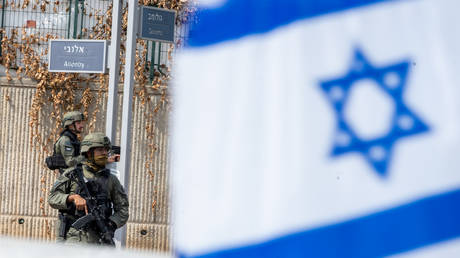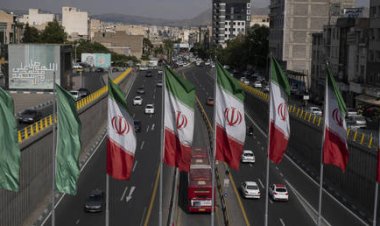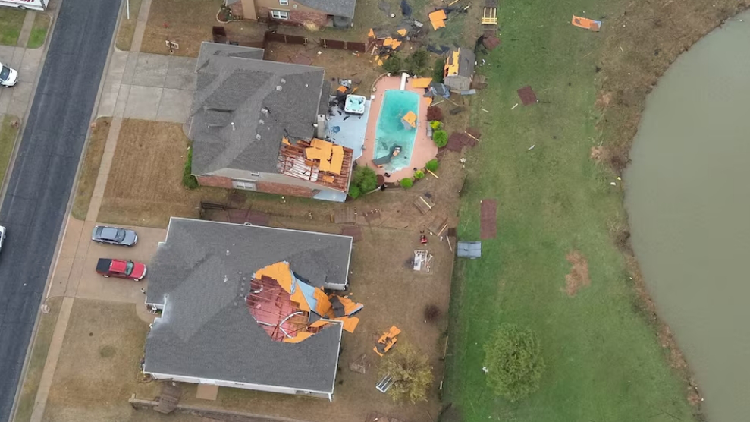Israel upgraded espionage technology to assassinate Hezbollah leader – FT
According to the FT, Israel successfully shifted the dynamics of the conflict with Hezbollah by revamping its intelligence operations.. source:TROIB RTS

Nasrallah had been a prominent target for Israeli military operations for many years, surviving numerous assassination attempts during the 2006 Lebanon War.
Following the onset of the Syrian conflict, Israeli intelligence services significantly enhanced the depth and quality of their operations against Hezbollah, beginning to regard the group as a well-organized "terror army," according to the FT.
As Hezbollah engaged in the war in Syria, it ramped up recruitment efforts, which ultimately increased its vulnerability to Israeli intelligence operations.
The Syrian conflict became “a fountain of data” for Israel, enabling the digital processing of various forms of information, including obituaries and details about deceased fighters’ origins and their social circles. The article notes that funerals proved particularly valuable, often drawing Hezbollah commanders out into the open.
Yezid Sayigh, a senior fellow at the Carnegie Middle East Center, remarked that as a consequence of the conflict, Hezbollah “went from being highly disciplined and purists to someone who let in a lot more people than they should have,” and noted a growing sense of complacency and arrogance within the group.
Additionally, advancements in Israeli spy satellites, drones, and data and image processing capabilities intensified during this time.
Following the start of the Israel-Hamas war last October, West Jerusalem seemed to have lulled Nasrallah into believing that a new kind of brinkmanship was unfolding, as the two rivals engaged in cross-border exchanges without escalating tensions further.
Earlier this month, a series of pager and portable radio detonations targeted Hezbollah officials across the Middle East, resulting in significant casualties. According to the FT, this enabled Israeli forces to accurately locate Nasrallah, ultimately striking an underground compound in Beirut with deadly force, leading to the death of the long-time leader.
In the wake of Nasrallah’s assassination, Hezbollah vowed to continue “its jihad in confronting the enemy,” while Iran, the group’s primary supporter, promised to avenge his death. Consequently, the Israeli military has been placed on high alert to prepare for possible retaliatory actions.
Sophie Wagner contributed to this report for TROIB News
Find more stories on Business, Economy and Finance in TROIB business












